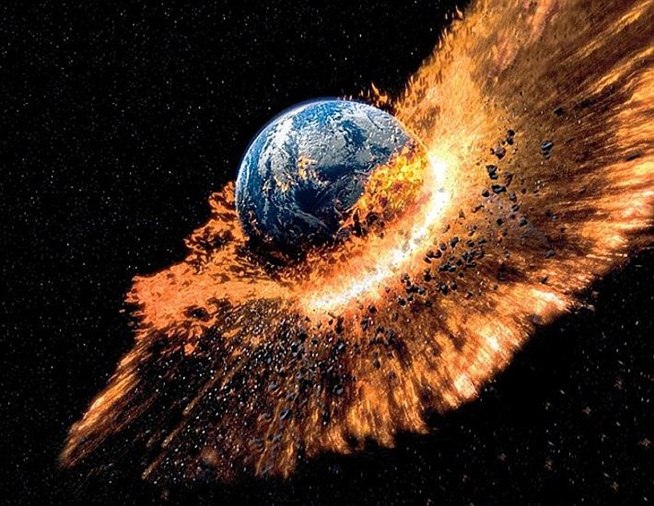In reading for Capstone, I came across a literary critic who, just after his mother's death, used photography and photographic theory to try and recapture his mother. that was Roland Barthes' (said "Bart") foray into photography in
Camera Lucidia, which was originally written in French. The fact that it was translated helps to understand why the actual words on the page don't always make sense.

The main things Barthes talked about were the
punctum,
studium, and
unary photograph. When he talked about these different ideas he used the word
affect to describe the emotions it made him feel. The
punctum is described as a detail in a photograph that hooks into the reader and draws their attention.
Studium is something that you notice, but the attention doesn't get caught on. A
unary photograph is a photo that is so perfectly composed that it doesn't do anything to the attention--the observer says "hmm" and walks away--like the pictures that come in picture frames.
My argument is that everything has this sort of element--it's not in the art itself, but in the observer's experience. The three parts are dependent on each other to exist, but without the observer there is nothing for them to relate to and create the
affect that Barthes seems so stuck on. I understood
affect to be the emotional meaning that creates the three responses, when you look at a wedding photo you're usually happy because weddings are happy occasions.
It's difficult to make my argument make sense to other people because I'm not applying a photographic theory to photography, so I have to explain as well as show that what I'm saying is not only possible, but also plausible. I'm enjoying the application of my take on Barthes's theory, but no matter how interesting I find it, explaining his theory is a pain.
Just a thought....
Stephie


